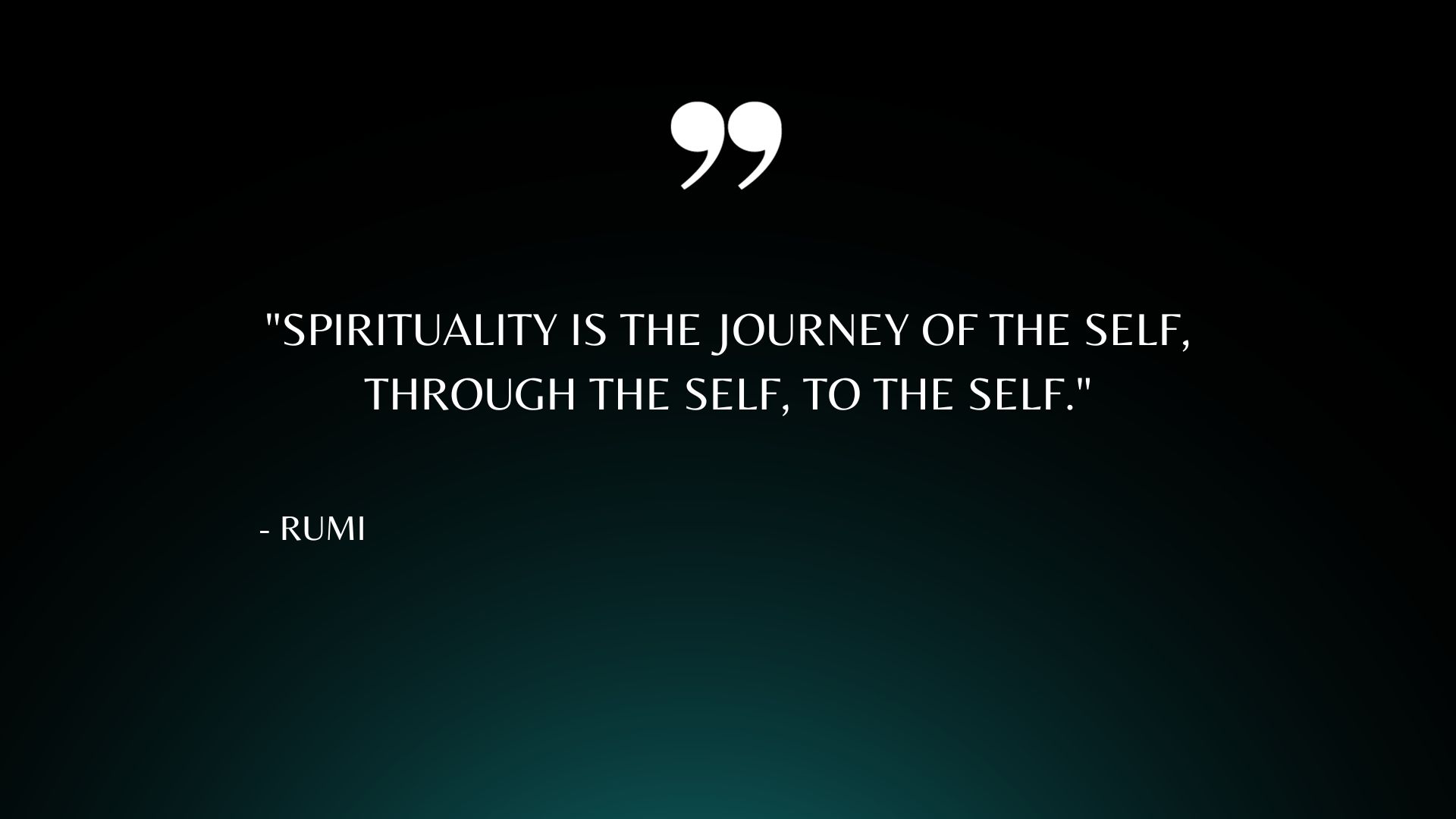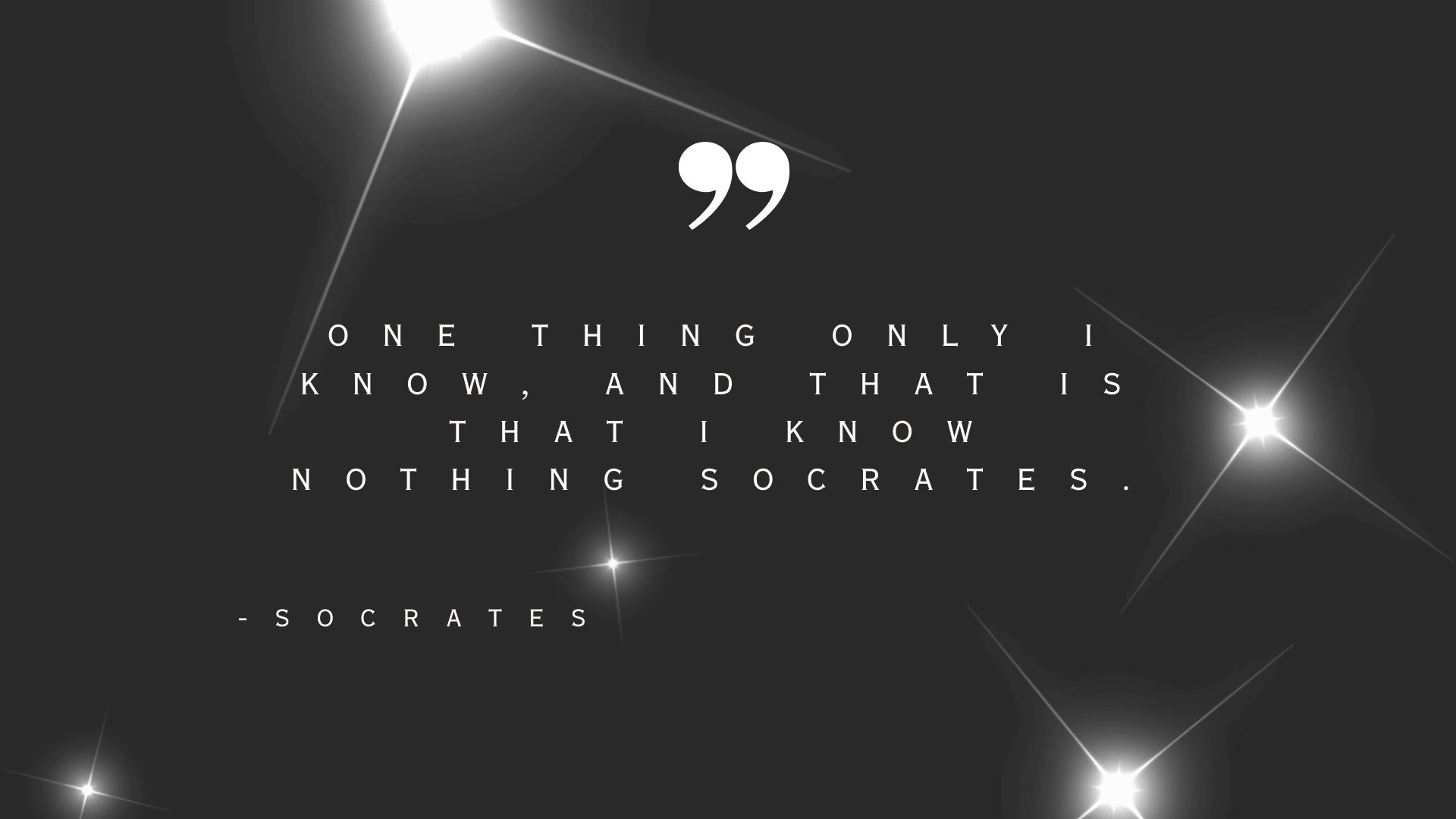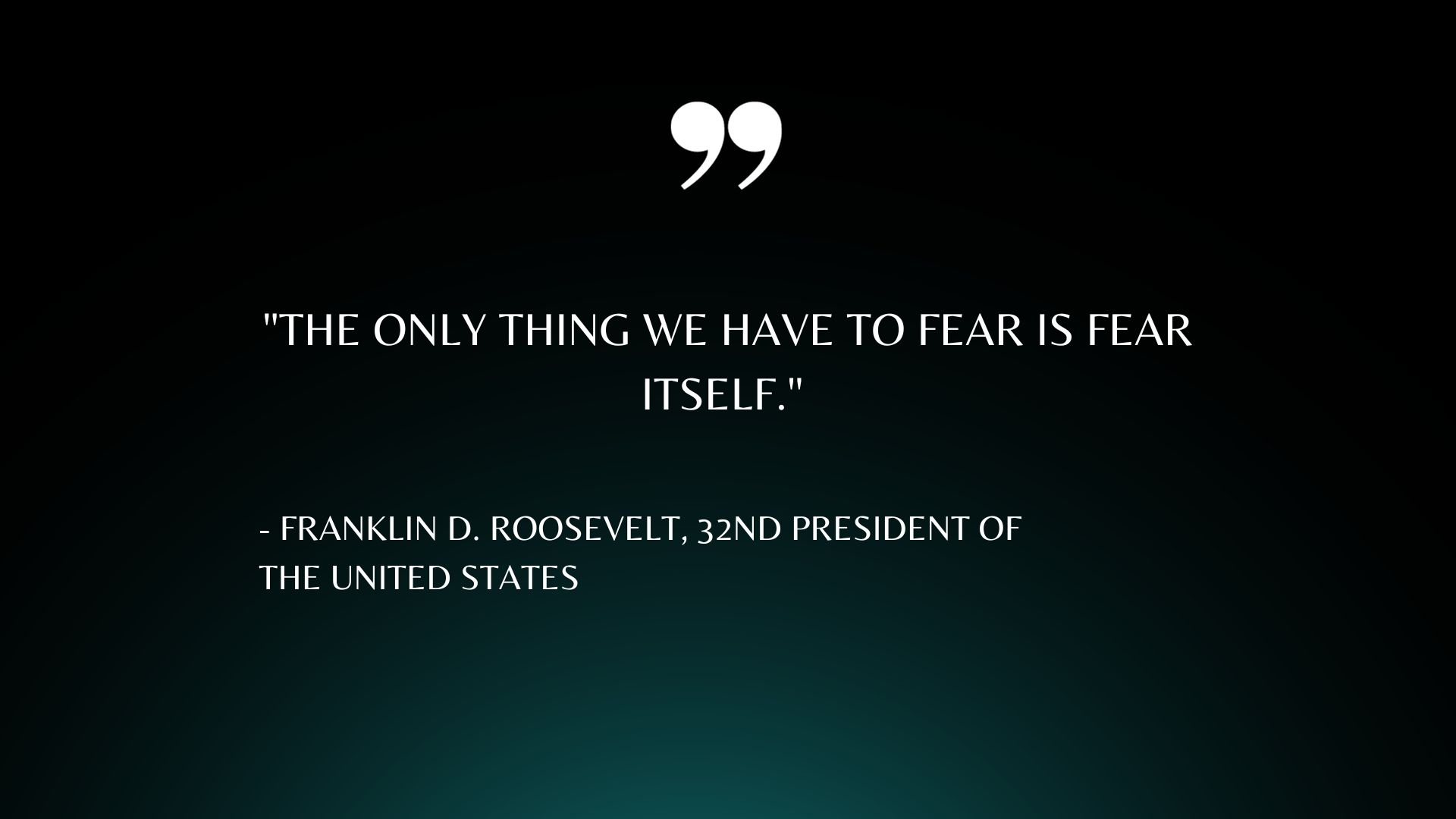“Spirituality is the journey of the self, through the self, to the self.”
– Rumi
Explanation:
The quote “Spirituality is the journey of the self, through the self, to the self” by Rumi encapsulates the essence of spirituality in a profound and concise manner. It highlights the transformative nature of spirituality, emphasizing the idea that one can discover their true self by embarking on an introspective journey. This explanation delves deeper into each subheading to provide a comprehensive understanding of the quote.
Spirituality as a Journey:
Spirituality refers to a personal quest to seek meaning, purpose, and connection with something greater than oneself. It is not confined to any particular religious or dogmatic framework but encompasses a broader exploration of human existence. The journey of spirituality is an ongoing process of self-discovery that unfolds throughout an individual’s life.
The Self:
The concept of the self in spirituality refers to the essence of who we are—our deepest nature, consciousness, and inner being. It goes beyond external identities and roles we play in society, allowing us to tap into our core authenticity. This exploration and understanding of the self are crucial for developing a meaningful spiritual path.
Journey through the Self:
Embarking on a journey through the self involves introspection, self-reflection, and self-observation. It requires honest examination of one’s thoughts, emotions, beliefs, and actions. By engaging in practices like meditation, contemplation, and self-inquiry, individuals can gain deeper insights into their motivations, desires, and inner conflicts.
Transformation of the Self:
Spirituality facilitates inner transformation, moving individuals beyond their limitations toward growth, healing, and self-improvement. Through self-awareness, acceptance, and personal development, one can shed the layers of conditioning and societal expectations, unveiling their true potential. This transformation enables one to align their thoughts, emotions, and actions with their authentic self.
Real-Life Example:
Consider a person who has been feeling dissatisfied and unfulfilled in their life, despite external success and acquisitions. They embark on a spiritual journey, engaging in introspective practices such as journaling, meditation, and seeking guidance from wise mentors. They start reflecting on their values, passions, and purpose, gradually uncovering the deeper longings of their soul.
As they progress on their spiritual quest, they gain self-awareness, recognize patterns of behavior that no longer serve them, and develop a deeper understanding of their own needs and desires. Through this transformative process, they may make significant life changes, such as pursuing a different career path aligned with their true passions or cultivating authentic and meaningful relationships.
In this example, the individual’s journey of self-exploration and inner transformation embodies the essence of Rumi’s quote. By delving into their own selves, they embark on a spiritual journey that leads to self-discovery, personal growth, and a more meaningful and fulfilling existence.
Conclusion:
Rumi’s quote encapsulates the multifaceted nature of spirituality as a deeply personal journey toward self-discovery. By embarking on this path of self-exploration, individuals can transform themselves, aligning their thoughts, emotions, and actions with their authentic nature. Ultimately, spirituality enables one to cultivate a more profound connection with the self, fostering personal growth, fulfillment, and a greater sense of purpose in life.




